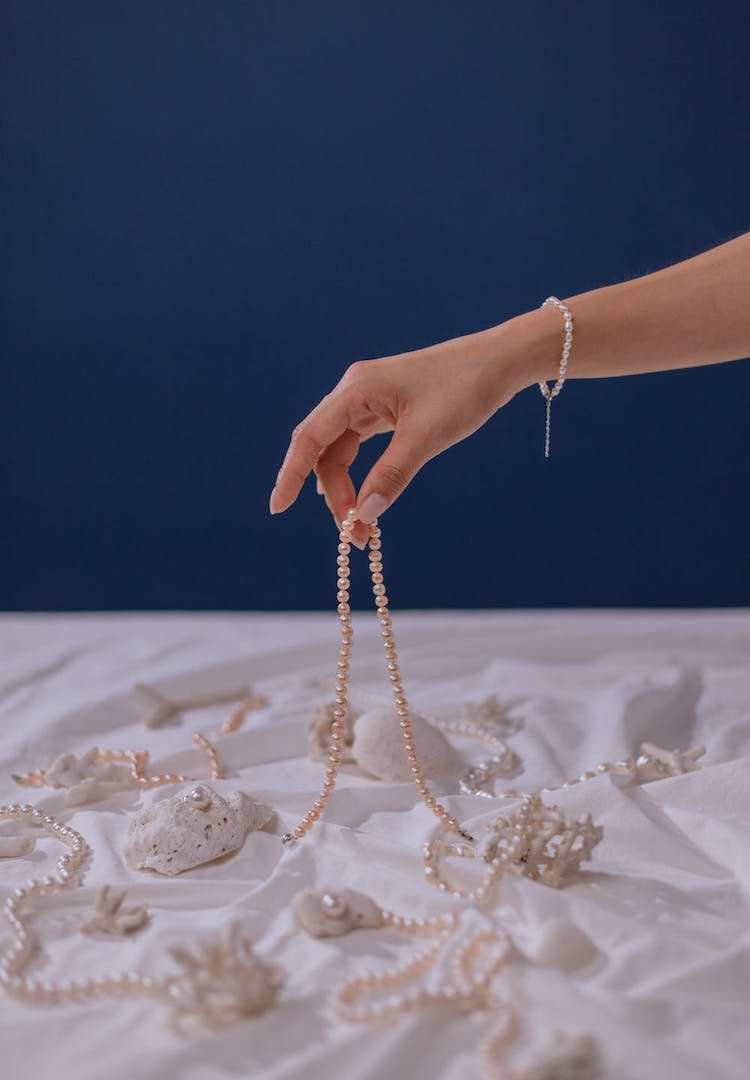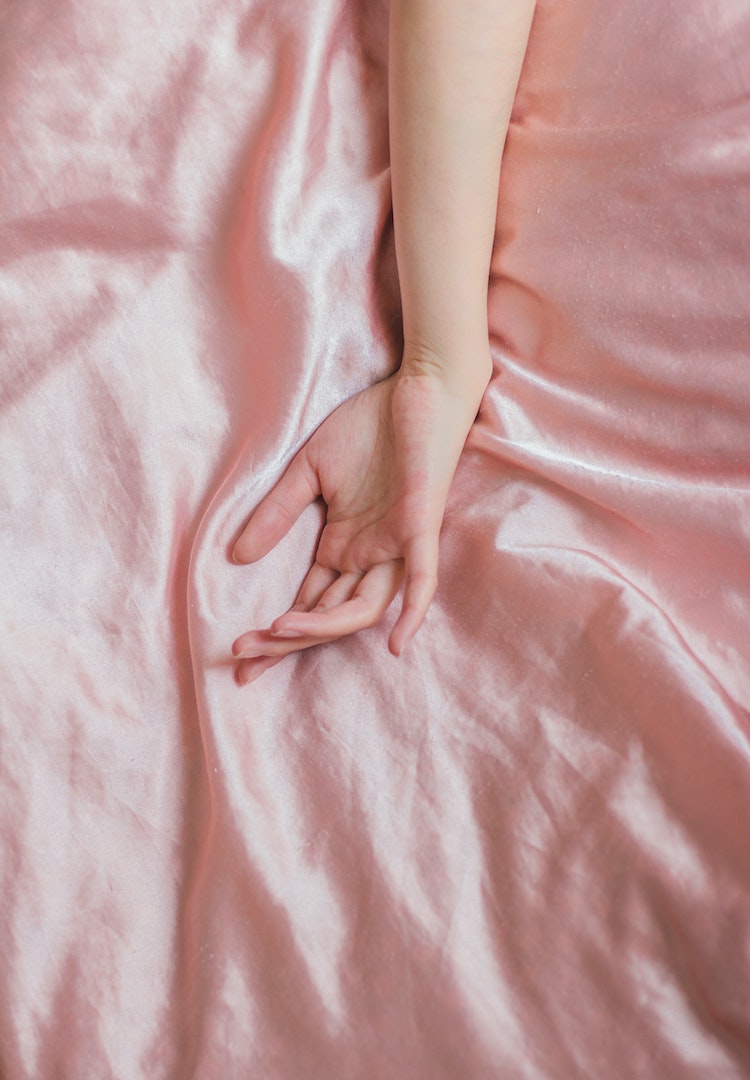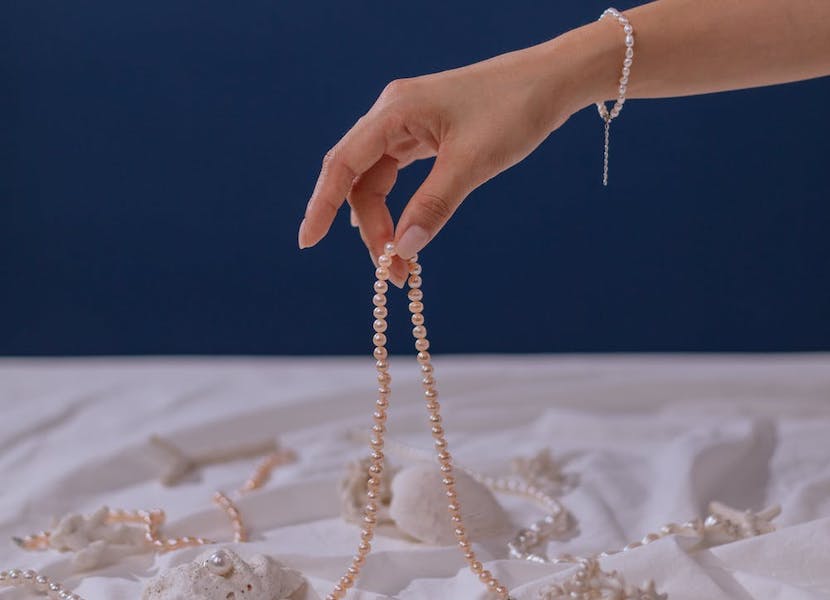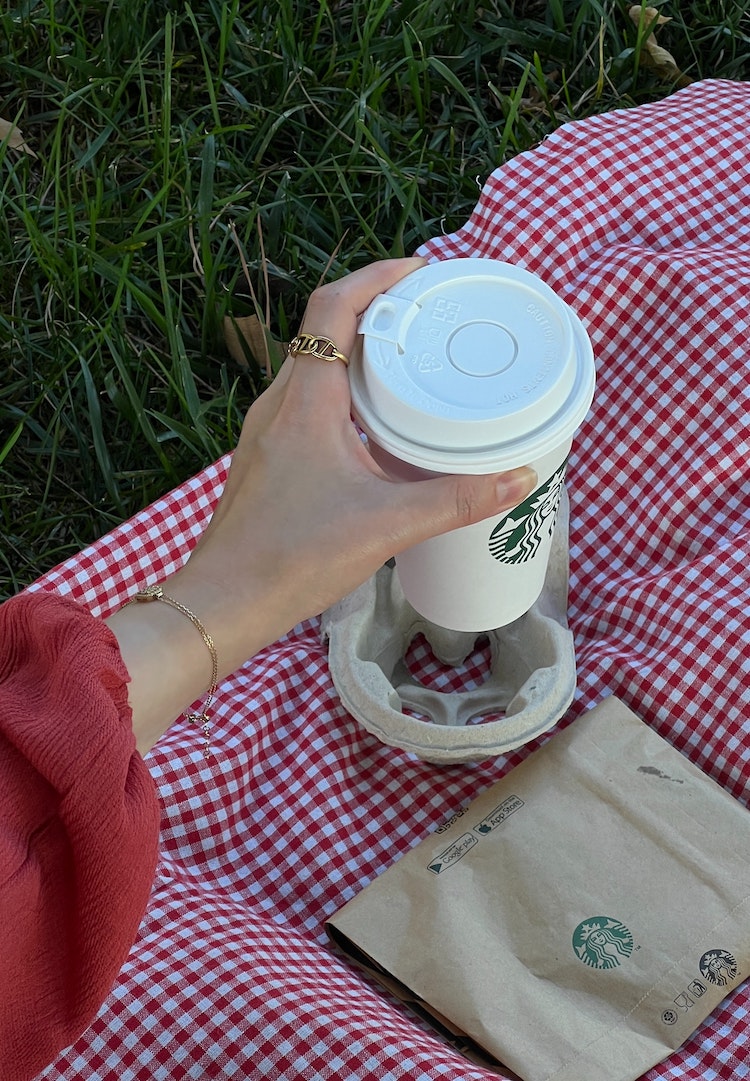5 Fashion Journal readers share their experiences with stealing
WORDS BY NINA MIYASHITA
“When I spent my days just feeling nothing, these small moments of danger and thrill made me feel alive.”
It was back in 2001 when internationally acclaimed Hollywood star Winona Ryder was caught shoplifting. Alongside the items she’d purchased at Saks Fifth Avenue that day, she was caught trying to take around $8000 worth of designer goods she hadn’t paid for. With Winona arguably at the height of her career, it was a theft attempt that shocked the celebrity world.
References to Winona’s infamous light-fingered moment still arise in pop culture. Were people (even high-profile ones) stealing prior to Winona’s attempt? Naturally. But for some reason, the 2001 incident was when the world really started talking about kleptomania.
For more thought-provoking content, tap through to our Life section.
According to Psychology Today, kleptomania, colloquially known as compulsive theft, is a medically diagnosable impulse control disorder that results in addictive stealing (typically prevalent in women, interestingly enough). Ruling out necessity as a motivator to steal, it’s difficult for those unaffected to understand why kleptomaniacs would risk serious retribution for something they generally didn’t even want.
As outlined in the fifth edition of the Diagnostic and Statistical Manual of Mental Disorders (DSM-5), those diagnosed with kleptomania experience disruptions in the brain pathways that influence serotonin and dopamine – essentially the controllers behind the brain’s built-in happiness and reward system.
This system regulates the peaks and falls of our desires and cravings. For most of us, our systems have learnt discipline. Our brains know that dessert comes after dinner, we can’t act on every reckless impulse we have and we have to follow the rules of society when it comes to seeking out personal gratification.
With kleptomaniacs, however, these signals in the brain are often broken. Once they start stealing and getting away with it, the rush just feels too great. It’s a fast track to a stealing addiction – and enough is just never enough.
Often kleptomaniacs have often been diagnosed with an additional mental illness (anxiety, depression, etc), or have a history of trauma; harbouring an emotional void that they’re trying to fill with stolen goods. Grace*, aged 23, was diagnosed with kleptomania when she was 20.
Her diagnosis came alongside another one for clinical depression. “It seemed to me like any other kind of thrill-seeking activity or addiction, like jumping out of a plane or speeding down a highway,” Grace says. “When I spent my days just feeling nothing, these small moments of danger and thrill made me feel alive.”
For Grace, it was never really about what she stole – it was all about the act of stealing itself. “I first lifted a small bracelet at the checkout counter of a store, where I was buying something else. It just kind of happened and I wanted to see if anyone would notice,” she explains.
“But they didn’t and I got out of there with this little bracelet stuffed into my pocket. I could feel it pressing into my leg as I walked away and it felt like power… like I had finally taken some power back after everything I felt I’d lost. It was wonderful and awful.”
Now freed of her compulsion and working on her healing in other ways, Grace is trying to move past any shame her past impulses led her to feel. “I suppose I felt guilty because I knew, deep down, I was stealing to avoid doing the work I needed to do on myself… that’s the part I feel bad about.”
While distinctly different from kleptomania, casual retail theft is no rare occurrence in the aisles of Australian stores. In fact, lifting one or two things from your supermarket shopping trolley has become nothing short of common.
Unlike kleptomania, this kind of theft is often intended to lighten one’s burden of financial pressure and is often coupled with a growing sense of entitlement that consumers often feel when it comes to large retail corporations. To find out more, I asked FJ readers to share their experiences with theft.
Jamie*
I started pocketing lollies around the age of 10. I rarely do it anymore but it wasn’t long ago that I was regularly stealing. I would steal on most visits to the supermarket because I was under pressure financially. Sometimes I wanted nice things without having to stress over spending money on them. I’ve mainly stopped now… I have an income which means the stress of spending doesn’t outweigh the stress of stealing.
Alex*
The first time I stole something when I was a kid, the justification for it in my head was ‘It’s just one and there are heaps here… taking one won’t hurt’. These days, I steal out of pure financial necessity. The cost of living in Australia is high and I’m a freelance musician. Sometimes I just have to take what I need. I think I’ll stop once I have a job that pays me enough to keep up.
Morgan*
My friends were stealing, so I decided to try it too. Then I ended up stealing more than them. Some things I took I could afford but mostly it was things I wanted that were too expensive. In the moment of stealing, I got a thrill but when I got home and unpacked everything, sometimes I felt guilty. After a while, every time I’d go into a store I’d think the staff were suspecting me, even if I hadn’t done anything. So I stopped.
Billie*
It was just easy. I remember it felt so easy that it actually seemed silly to pay when I didn’t have to. I took mostly from big clothing stores. At the time it felt justified… I thought of those stores as massive power players who were exploiting people and the environment. Why wouldn’t I – a tiny person in the scheme of their trade – exploit them?
In saying this, I haven’t actively thought about it or gone somewhere with the intention to steal in years. Both consumers and retailers are suffering. Theft is simultaneously the answer and the problem in this equation. We’re all competing against the cost of living and financial burdens; struggling to afford something nice every once in a while. We might all just feel like something is missing.
*Names have been changed.
For more on Kleptomania, head here.










